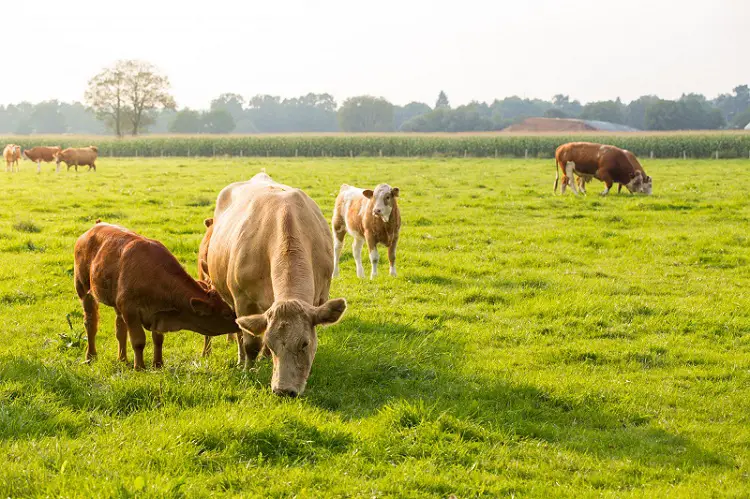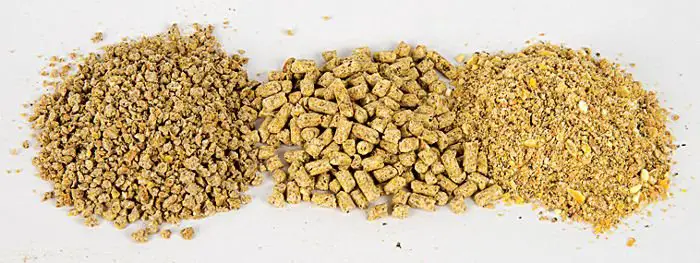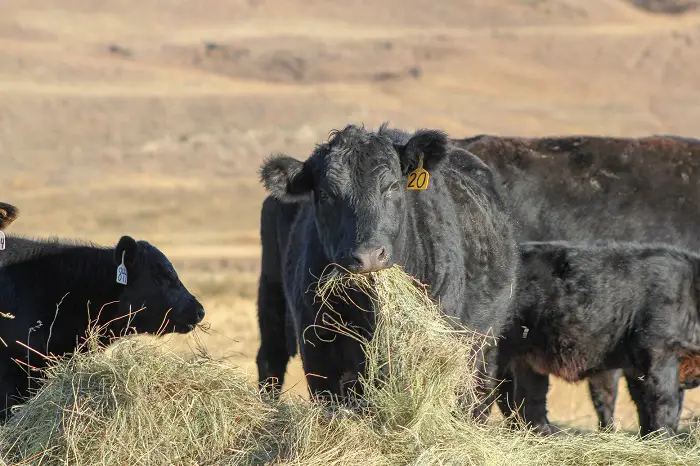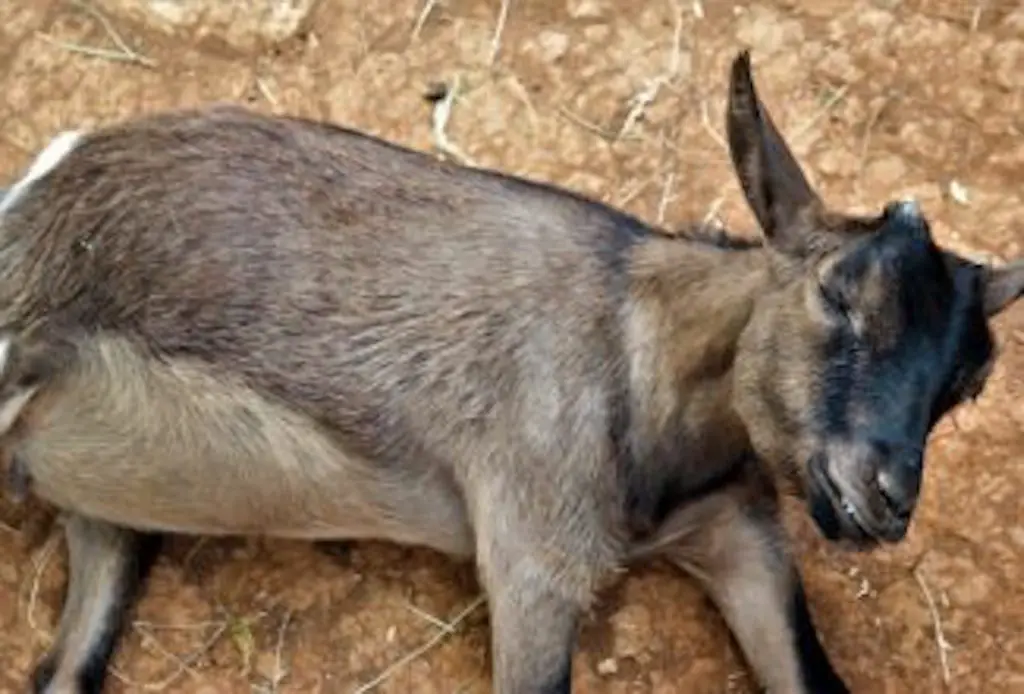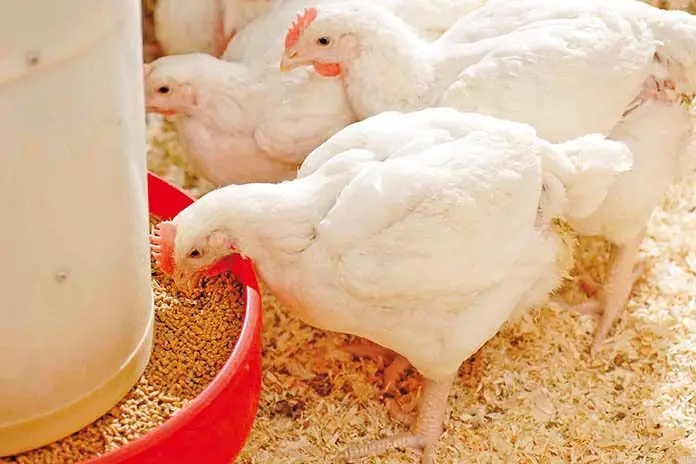Providing cows with supplementary feeds is a popular concept these days but, can cows live on grass alone? The article below highlights whether cows can live on grass alone or whether supplementary feeding is a must.
Contents
Can Cows Live On Grass Alone
The answer to this question is dependent on a number of factors. Below we look at some of the factors before jumping into conclusions.
Type Of Cow
Cows come in different forms we have lactating cows and non-lactating cows and these 2 types of cows have different dietary requirements. A lactating cow has high energy requirements which in some cases cannot be met by grass alone. If a lactating cow is left to survive on grass alone, there is a chance that its milk production will reduce drastically. On the other hand a non-lactating cow doesn’t have high energy requirements as compared to that of a lactating cow, meaning if it’s introduced to a diet of grass only it will be able to survive.
Type Of Pastures
The type of pastures or grass also influence whether a cow can live on grass alone. If the grass available contains all the nutrients needed by the cow in order to live a healthy lifestyle then it can most certainly live on grass alone. Cows usually require a diet that is infused with protein, roughage, minerals and other nutrients. So if your grass or pastures are able to provide all of these then your cows can live on grass alone.
NB: Cows can live on grass alone provided the grass contains enough nutrients to meet the cow’s dietary needs.
What Cows Need In Order To Survive
Water
The first and most important thing that cows need in order to survive is water. It helps to keep them hydrated and is essential especially during digestion. The amount of water a cow will consume per day is dependent on the environment in which you stay and also on the type of cow you have.
Roughage
Cows also require roughage in order to survive. The microbes of the rumen need roughage in order to fully digest food. Roughage for cows is usually derived from hay or other cow feed. So if you have a cow, make sure you provide it with enough roughage.
Buffers And Rumen Modifiers
Buffers like sodium bicarbonate help to neutralize acid in the stomach, so make sure this ingredient is included in the feed you give to your cows. Rumen modifiers like monensin and lasalocid are also important in a cow’s diet as they help to improve the microbial balance in the rumen.
Protein
Proteins are essential to cows and they are usually derived from grass or other cow feed. Protein is important for cows as it helps them with overall development. A cow that has low protein levels will not grow and will often fall sick. In order to avoid this make sure you feed cows with food that has enough protein.
Minerals
Cows require minerals like phosphorus, calcium, sulphur and magnesium in order to survive. The minerals are normally derived from cows feed so make sure that you purchase cow feed that indicates availability of these minerals. The minerals also help to ensure that the rumen functions efficiently.
Do Cows Eat Grass All Day?
Cows can chew their cud most of the day and that is why people think that cows eat grass all day. Cows have 4 stomach chambers and the first stomach is known as the rumen. When the cow eats grass it, swallows the grass without chewing it and it gets stored in the rumen where it is mixed with a fluid in order to form a soft mass. When the cow is resting, the grass is brought back into the mouth and this process is often referred to as chewing of cud. The cow chews its cud which is then sent out to the other 3 parts of the stomach. So if you see a cow resting whilst chewing its cud it doesn’t necessarily mean that it’s been eating grass the whole day. In fact this is just how the digestive system of a cow works.
Can Cows Live On Pastures Alone?
Yes, cows can live on pastures alone provided the pastures provide enough nutrients to meet the dietary needs of the cow. In most cases farmers offer their cows supplements like hay because they know very well that the pastures are not rich. If you have lactating cows it is highly recommended that you give them grass and another supplementary feed of your choice. This is because lactating cows have high energy requirements which in most cases cannot be met by pastures alone.
How Much Grass Can A Cow Eat In A Day?
A cow usually consumes about 24 pounds of grass per day. Therefore, you should always ensure that you have enough fertile pastures on your land so that your cows can enjoy grazing. If you do not have enough grass available its best that you offer your cows supplementary feeds like hay.
How Many Acres Do You Need Per Cow?
The general rule is that 1 cow is required per an acre of land. This is because cows are large animals which feed on more grass as compared to other livestock’s. So if you are planning on keeping cows then make sure you have a lot of land so that your cows do not end up competing for available pastures or overgrazing the land.
Are Apples Ok For Cows?
Yes apples are ok for cows but make sure you give them a moderate amount of apples. This is because when cows consume too many apples this can cause stomach problems for them.
Conclusion
Cows are fascinating animals that can live on grass alone provided the pastures contain enough nutrients that are needed by the cows. It is important to note that if you are keeping cows for commercial purposes then it’s always best to give your cows supplementary feeds in conjunction with grass.
